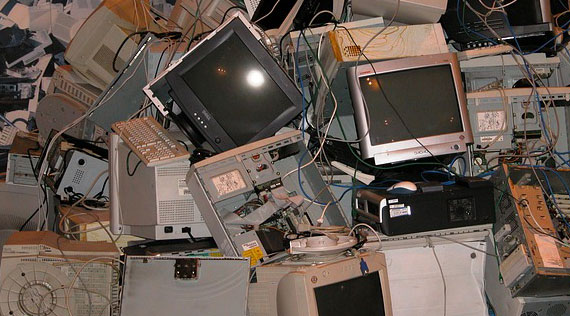
BRUSSELS (Scrap Monster): The Bureau of International Recycling (BIR) has applauded the updated guidelines on Extended Producer Responsibility (EPR) by the Organization for Economic Co-operation and Development (OECD). However, the world recycling body has noted its reservations on certain aspects mentioned in the report titled “Extended Producer Responsibility-Updated Guidance”. It must be noted that the report integrates five papers developed and discussed during the 5th and 6th Working Party on Resource Productivity and Waste (WPRPW) and revised as per comments received from WPRPW and Environment Policy Committee (EPOC).
Impact of EPRs
As per recent surveys, there are approximately 400 EPR systems in operation currently, out of which almost 75% of them have been established since 2001. Most EPRs are mandatory rather than voluntary. Small consumer electronic equipment accounts for more than one -third of EPR systems, followed by packaging and tyres (each 17%), end-of-life vehicles, lead-acid batteries and a range of other products. The report recommends that EPR systems must be harmonized to the extent possible. Also, there must be proper means of checking the quality and comparability of data established.
Scope for improvement
EPR systems have contributed to the decreased share of waste destined for final disposal and to the increased rates of recycling recorded in many OECD countries. The EPR systems have also resulted in emergence of waste and recycling industry and thousands of jobs associated with the sector. It has also contributed to waste prevention. However, the level of progress in many countries differs much. The report urges countries with slow progress to improve their performance by emulating the best performers.
Advice to governments
According to BIR, the report should have advised governments to analyze the need to persist with EPR schemes where self-sustaining recycling infrastructure is in operation. It argues that the document should have given stronger advice to governments to realize that EPR schemes are not the most economic or most effective instruments in places with well-established system for recycling of end-of-life products.
Fair competition and transparency
In response to the observation made in the report with regards to transparency and data-reporting mechanism of ERP schemes, BIR notes that the guidance promotes good governance and fair competition and that it does not restrict access to recyclables. Since 1980’s roughly around 400 EPR schemes have been implemented across the world. These schemes employ various mechanisms such as take-back requirements, advanced disposal fees, deposit/refund systems etc., The EPR schemes have since then become an established principle of environmental policy in an increasing number of countries, BIR states. BIR also notes that many of these EPR schemes are supported by proper legislation, thereby making their operations extremely transparent.
About Bureau of International Recycling
Founded in 1948, BIR was the first federation to support the interests of the recycling industry on an international scale. Today, BIR represents over 750 member companies from the private sector and 34 national associations in more than 70 countries. Together, these members form the largest international recycling federation.
| Copper Scrap View All | |
| Alternator | 0.31 (0) |
| #1 Copper Bare Bright | 3.65 (0.02) |
| Aluminum Scrap View All | |
| 356 Aluminum Wheels (Clean) | 0.71 (-0.01) |
| 6061 Extrusions | 0.62 (-0.01) |
| Steel Scrap View All | |
| #1 Bundle | 475.00 (0) |
| #1 Busheling | 495.00 (0) |
| Electronics Scrap View All | |